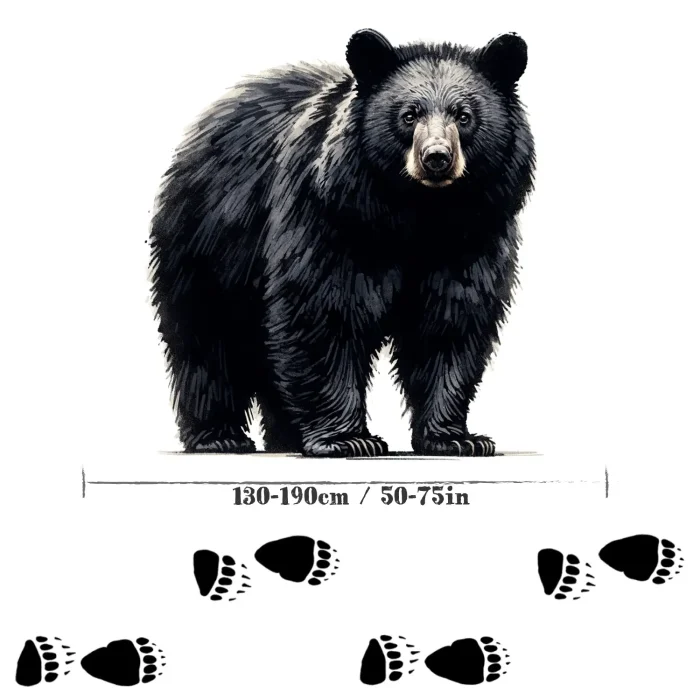

Black Bear
American black bear, cinnamon bear, blue-black bear
Ursus americanus
This page may contain affiliate links.
Read our disclosure and privacy policy here.
Black bears are true forest dwellers that can be found across North America. With their glossy black fur and impressive size, they are a fascinating sight for those lucky enough to spot one. Known for their excellent climbing skills, black bears have a curious nature, and they love to explore. They can be found in forests, swamps, and even in the mountains!
Black Bear
Common Name
Other Names
Latin Name
Distribution
Appearance
Size
Habitat
Behavior
Diet
Lifecycle
Communication
Defense Mechanisms
Ecological Importance
ConservationThe act of protecting and preserving natural resources and the environment. Conservation efforts are important to protect beavers and their habitats. Learn More Status

There’s a lot to explore right where we are, in our own neighborhoods and backyards! Join us while we get off the couch and explore the everyday wonders of nature, science, space, engineering, art, and anything else we stumble upon during on our adventures.







